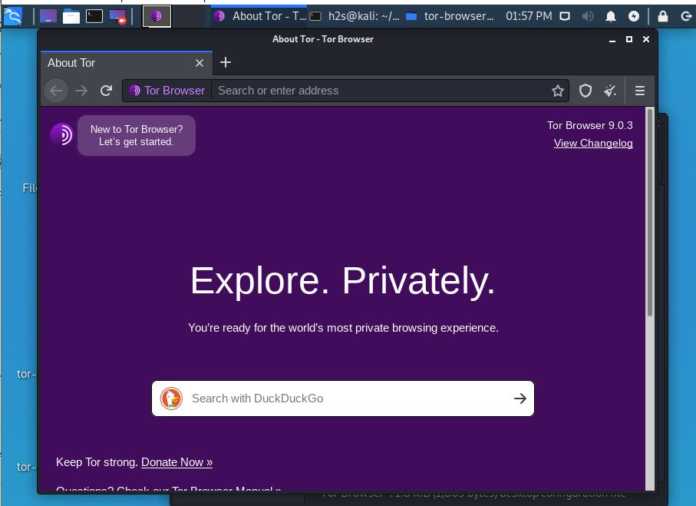

SB8, also known as the Texas Heartbeat Act, encourages private persons to file lawsuits against anyone who “knowingly engages in conduct that aids or abets the performance or inducement of an abortion.” It doesn’t matter whether that person “knew or should have known that the abortion would be performed or induced in violation of the law,” that is, the law’s new and broadly expansive definition of illegal abortion. We will quickly see the emergence of anti-choice trolls: lawyers and plaintiffs dedicated to using the courts to extort money from a wide variety of speakers supporting reproductive rights. The result will be a chilling effect on speech and a litigation cudgel that will be used to silence those who seek to give women truthful information about their reproductive options.

Individuals and organizations providing basic educational resources, sharing information, identifying locations of clinics, arranging rides and escorts, fundraising to support reproductive rights, or simply encouraging women to consider all their options-now have to consider the risk that they might be sued for merely speaking.


It will undoubtedly lead to a torrent of private lawsuits against online speakers who publish information about abortion rights and access in Texas, with little regard for the merits of those lawsuits or the First Amendment protections accorded to the speech. The law creates a cadre of bounty hunters who can use the courts to punish and silence anyone whose online advocacy, education, and other speech about abortion draws their ire. In addition to the drastic restrictions it places on a woman’s reproductive and medical care rights, the new Texas abortion law, SB8, will have devastating effects on online speech.


 0 kommentar(er)
0 kommentar(er)
